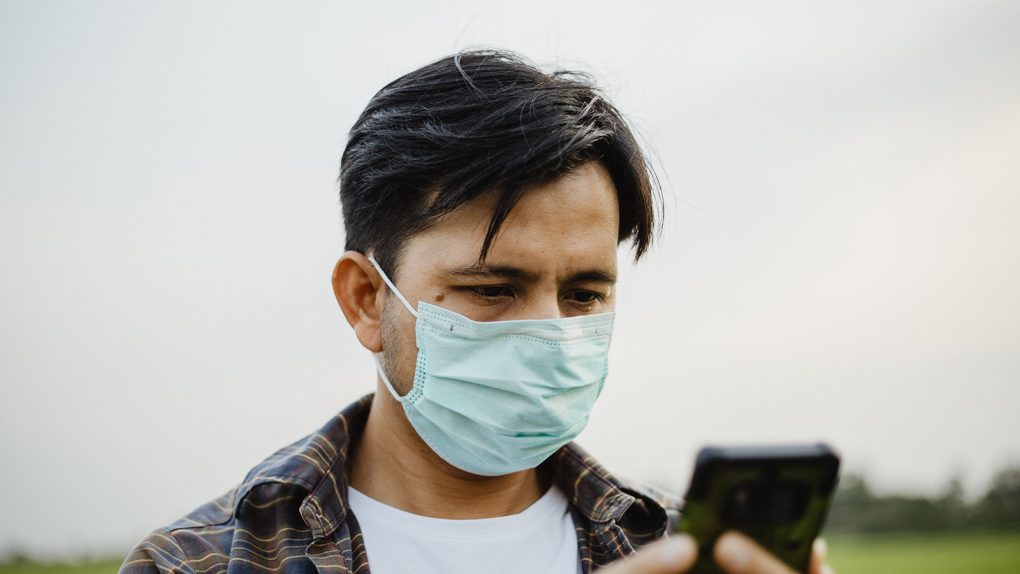- Scam artists are taking advantage of the coronavirus panic to steal money from unsuspecting users.
- Some scams involve robocalls which promise to send users home testing kits for a small fee. Keep in mind that home testing kits for the coronavirus do not exist at this point.
- There have also been reports of scammers setting up fake online stores and fake charities.
- Visit BGR’s homepage for more stories.
In a sad but perhaps unsurprising development, scammers are using the panic surrounding the coronavirus to prey upon unsuspecting victims. The problem began a few short weeks ago when fraudsters began initiating robocalls informing people that they can gain access to coronavirus testing kits if they’re willing to pay for it. Recall, home testing kits for the coronavirus simply don’t exist at this time.
Additionally, there have been reports of similar schemes wherein scammers promise individuals fake cures, non-functional respiratory masks, and lucrative work-from-home opportunities, all in an effort to swindle people out of money at the very point in time when they likely need it the most.
There have even been reports of brazen criminals donning white lab coats — while claiming to be from the Department of Health — and knocking on individual doors in Florida in an effort to sell fake testing kits to users. Once an individual opens their front door, they’re bum-rushed and subsequently robbed.
There has also been a discernible rise in the number of reported cyberattacks, an umbrella term that includes traditional hacking efforts and phishing attempts. Notably, some phishing attempts are designed to appear as if they’re official notices from the World Health Organization.
As noted by CNBC:
Hackers are using the emotional toll of the global public health crisis to their advantage as well.
“We’ve definitely seen an uptick in COVID-19 phishing attempts that are making emotional appeals and using the crisis to drive urgency,” said Tom Hale, SurveyMonkey president.
Beyond that, the FTC highlights a number of other coronavirus scams that have been observed in recent weeks, a list which includes but is not limited to fake online stores and fraudulent charities.
Undelivered goods: Online sellers claim they have in-demand products, like cleaning, household, and health and medical supplies. You place an order, but you never get your shipment. Anyone can set up shop online under almost any name — including scammers.
Fake charities: When a major health event — like the coronavirus — happens, you might be looking for ways to help. Scammers use the same events to take advantage of your generosity. Some scammers use names that sound a lot like the names of real charities. This is one reason it pays to do some research before giving. Money lost to bogus charities means less donations to help those in need.
As always, it’s important to remain vigilant in a time of crisis and to be skeptical of pitches or messages that simply sound too good to be true. As a final point, the FTC wants the public to keep the agency abreast of any scams they come across via this website.








